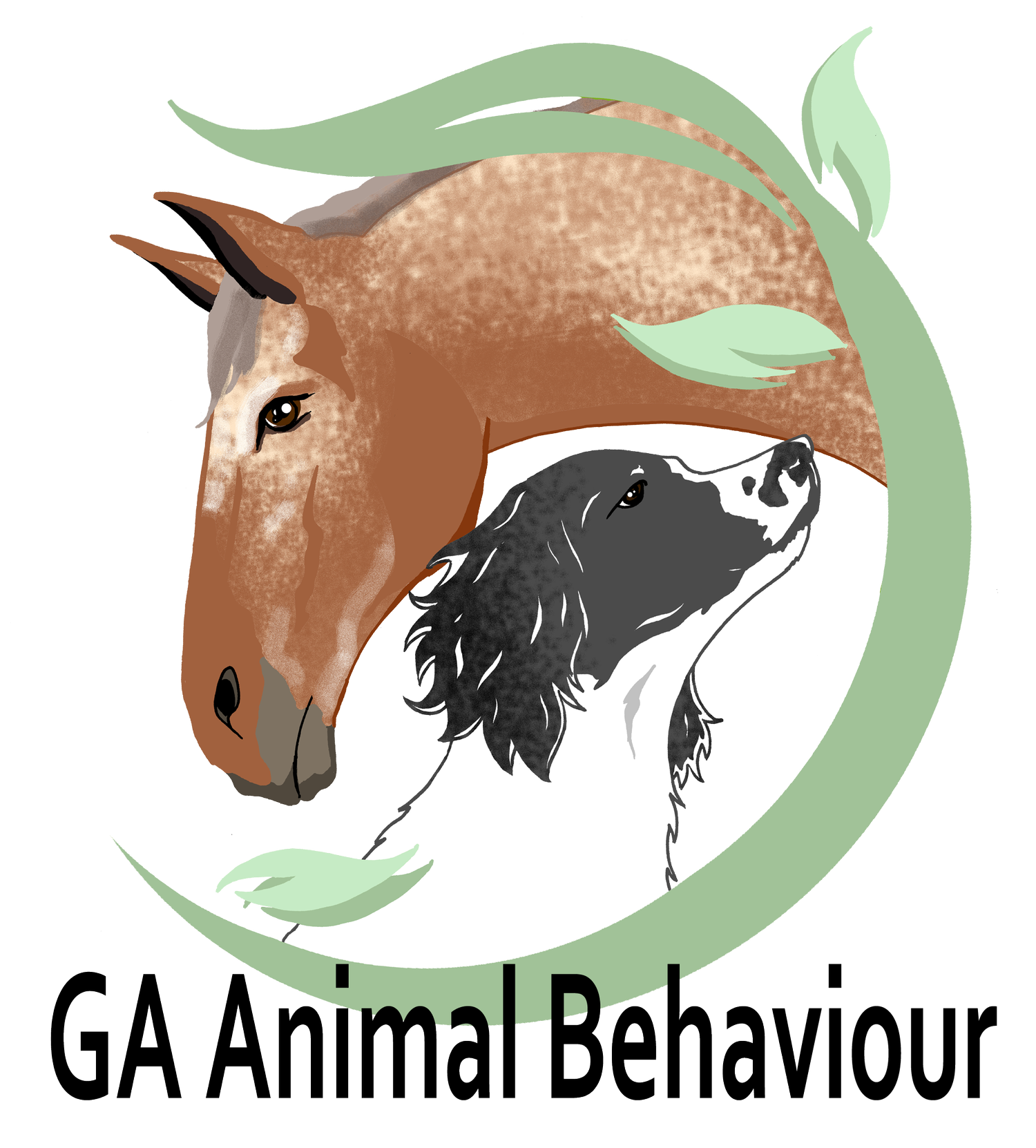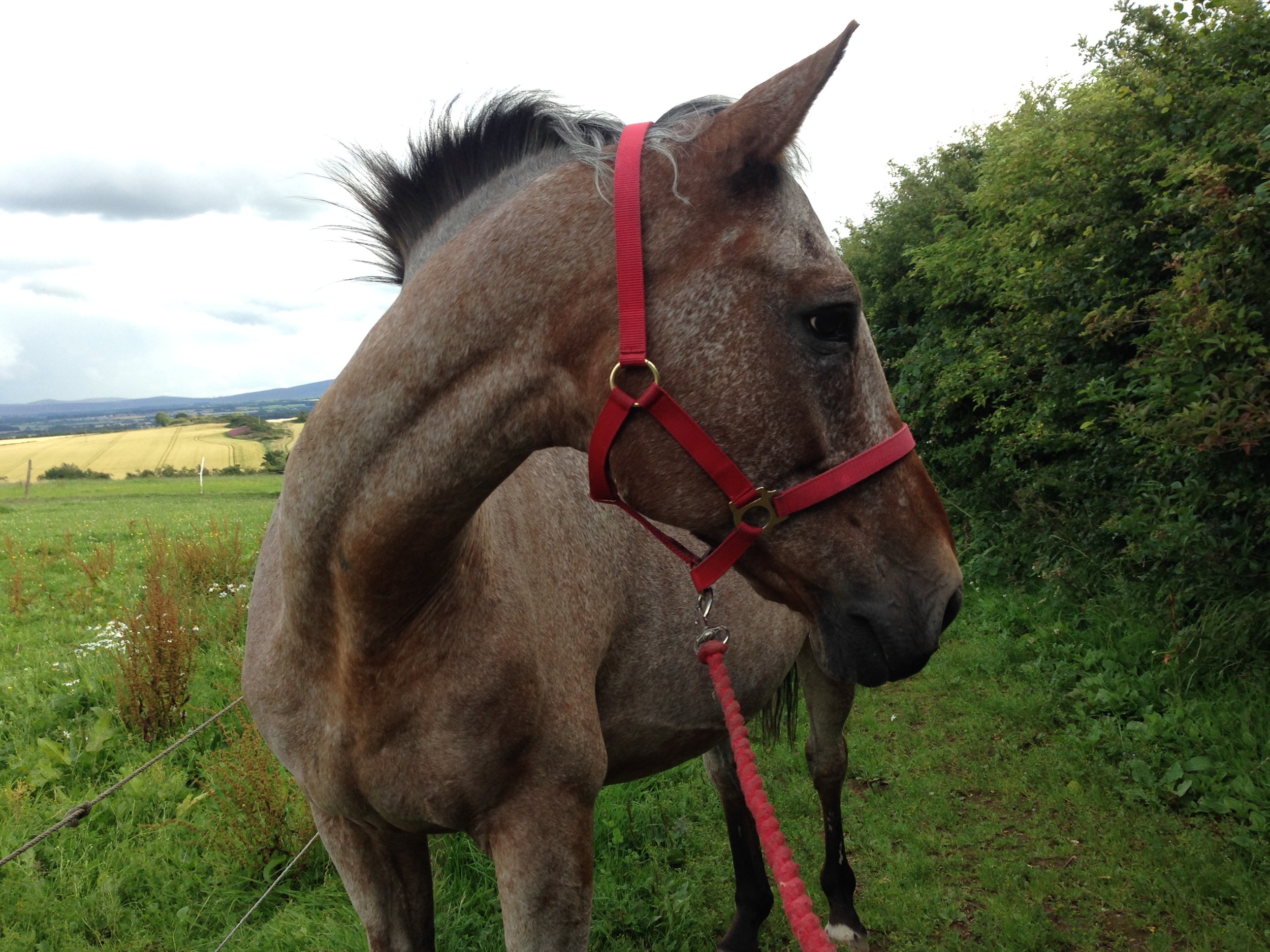Quick wins to improve your horses behaviour
Friends, freedom and forage!
Is it as easy as that? Well no, not always…but its a baseline starting point and access to all 3 can make a huge difference to your horses mental health and if wellbeing is better, behaviour is better.
Friends. This isn’t just a preference for your herd animal, it is a huge safety factor. A horse alone is incredibly vulnerable, they never lose that instinct of having to be part of a herd to feel safe. It’s not just about safety, it is the mutual grooming and play for wellbeing. This means we need to provide friends for them, and those friends should be the same friends every day, not an ever changing herd as this creates huge insecurities. This can be challenging in livery yards, but not impossible.
Forgage. They are designed to trickle feed, they only rest from eating about 4 hours a day when they have a snooze or a play. Domestication makes this really difficult to maintain health as our fields are either baron in winter (where we should supplement grass with hay) or in summer we have our horses on rich sugary grass which is like giving your kids haribos and full fat coke….resulting in health issues such as lamintis, colic and equine metabolic disease, not too mention crazy behaviour! The answer is not to starve them or ration too much as this creates ulcers and chronic frustration and stress, which will have a huge negative effect on behaviour. Get creative about how to ensure your horse can trickle feed, whether its soaking hay and providing more, more turn out in safe pastures or using straw as bedding that they can pick at, or do treat searches in straw, or mixing straw through your hay. A little imagination goes a long way!
Freedom. We’ve all seen the rebound behaviour of box rest. The dread we feel when the vet tells us box rest is necessary. But horse love their stables, don’t they? Mainly in winter when the alternative is a muddy field with no shelter and nothing to eat, in these circumstances a positive association is made with the stable. Naturally a herd would walk for miles on a daily basis looking for resources, it keeps them fit, keeps their brains active and gives them choice and control over their lives. Domestication takes this away, so we need to get creative about giving them freedom. And no, a muddy filed in winter with no food or shelter does not count. Turn out more, give them hay in the field and a few pals and you are ticking all 3 F’s in one go, creating a more natural living environment which will improve behaviour as a result.

